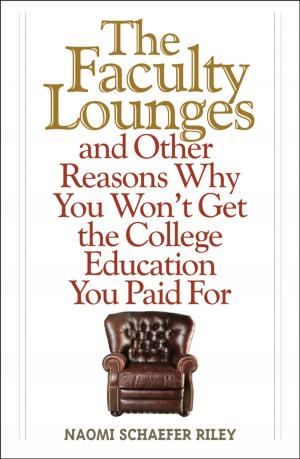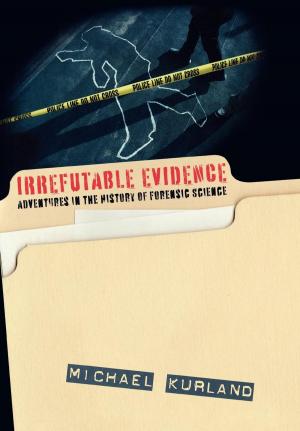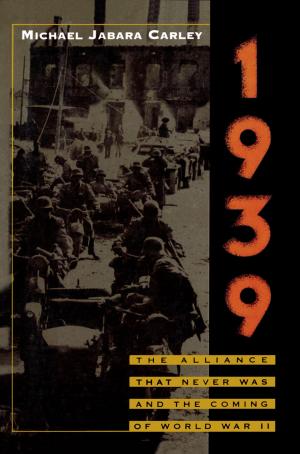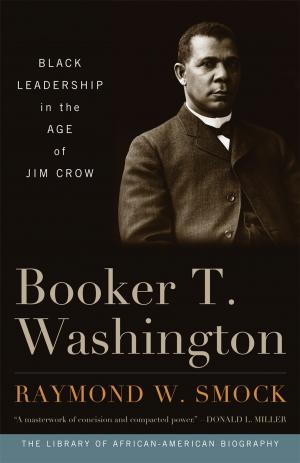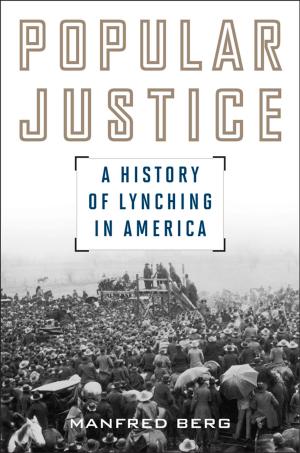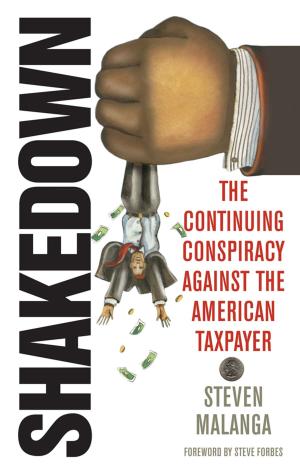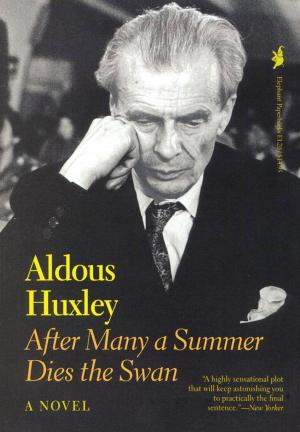| Author: | John Charmley | ISBN: | 9781461720928 |
| Publisher: | Ivan R. Dee | Publication: | May 27, 1999 |
| Imprint: | Ivan R. Dee | Language: | English |
| Author: | John Charmley |
| ISBN: | 9781461720928 |
| Publisher: | Ivan R. Dee |
| Publication: | May 27, 1999 |
| Imprint: | Ivan R. Dee |
| Language: | English |
Most studies of World War II assume that it was, in some way, a triumph for Britain. John Charmley's important new reappraisal of the immediate origins of the war is based on extensive new work in the Chamberlain papers. It starts from Chamberlain's belief that even a victorious war would be a disaster—it would destroy the foundations of British power and hand over Europe to Russian domination. Reconstructing Chamberlain's policy assumptions, Mr. Charmley argues that they were neither naïve nor foolish. While focusing on the prime minister's personality, he also shows that Chamberlain's views were shared by many other leading politicians and diplomats. Mr. Charmley thus resurrects a whole school of thought on foreign policy which was forgotten in the wake of Churchill's triumph. Unlike Churchill, Chamberlain was not prepared to gamble an empire; but events produced, according to Mr. Charmley, indeed a “human tragedy.” Early British reviews of the book have called it “important,” “entertaining and absorbing,” “concise and spirited,” and “provocative.” The Guardian wrote: “Chamberlain hardly emerges a hero from these pages, but at least there is no excuse left for regarding him as no more than a wimp in a wing-collar.”
Most studies of World War II assume that it was, in some way, a triumph for Britain. John Charmley's important new reappraisal of the immediate origins of the war is based on extensive new work in the Chamberlain papers. It starts from Chamberlain's belief that even a victorious war would be a disaster—it would destroy the foundations of British power and hand over Europe to Russian domination. Reconstructing Chamberlain's policy assumptions, Mr. Charmley argues that they were neither naïve nor foolish. While focusing on the prime minister's personality, he also shows that Chamberlain's views were shared by many other leading politicians and diplomats. Mr. Charmley thus resurrects a whole school of thought on foreign policy which was forgotten in the wake of Churchill's triumph. Unlike Churchill, Chamberlain was not prepared to gamble an empire; but events produced, according to Mr. Charmley, indeed a “human tragedy.” Early British reviews of the book have called it “important,” “entertaining and absorbing,” “concise and spirited,” and “provocative.” The Guardian wrote: “Chamberlain hardly emerges a hero from these pages, but at least there is no excuse left for regarding him as no more than a wimp in a wing-collar.”


